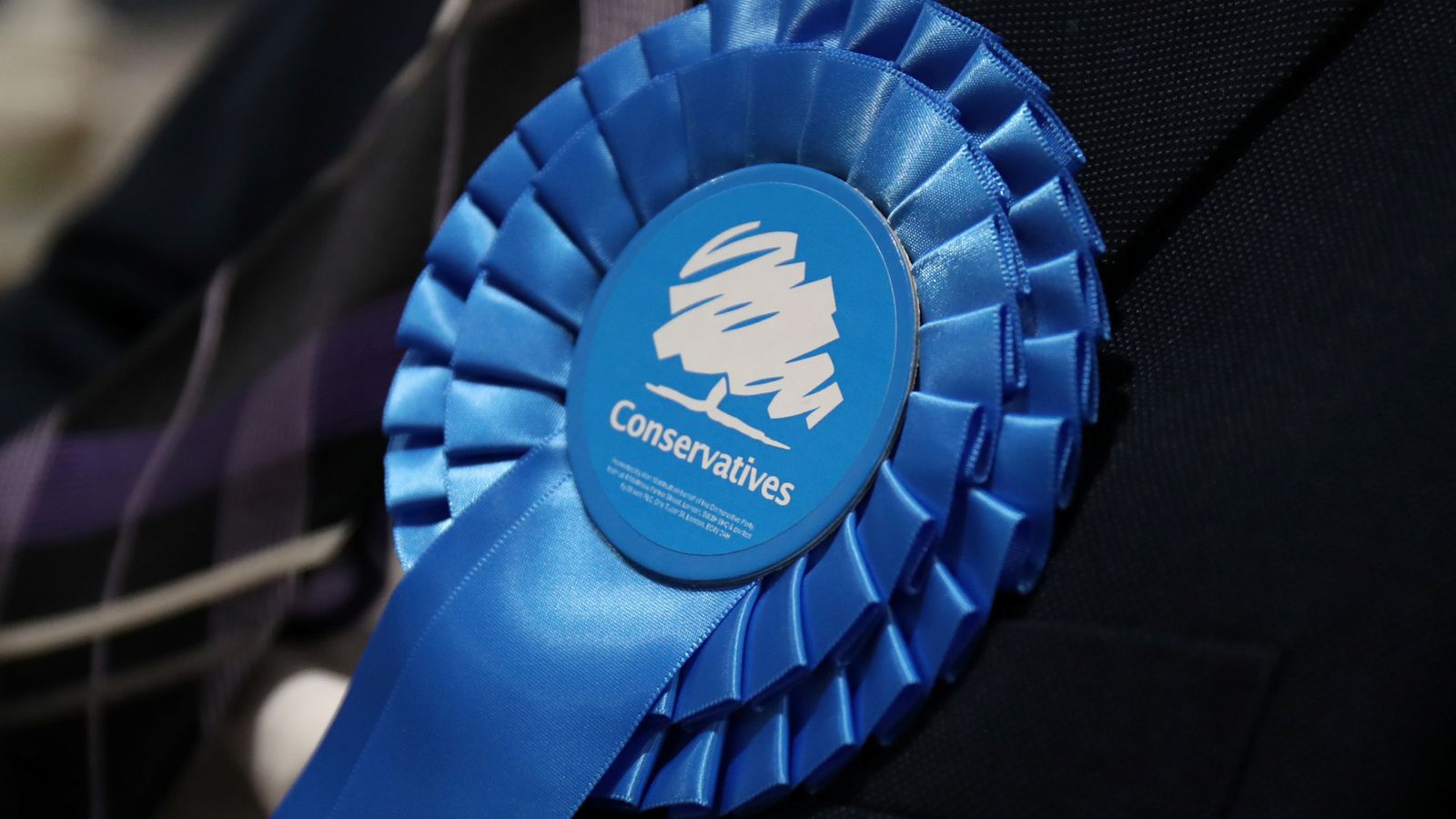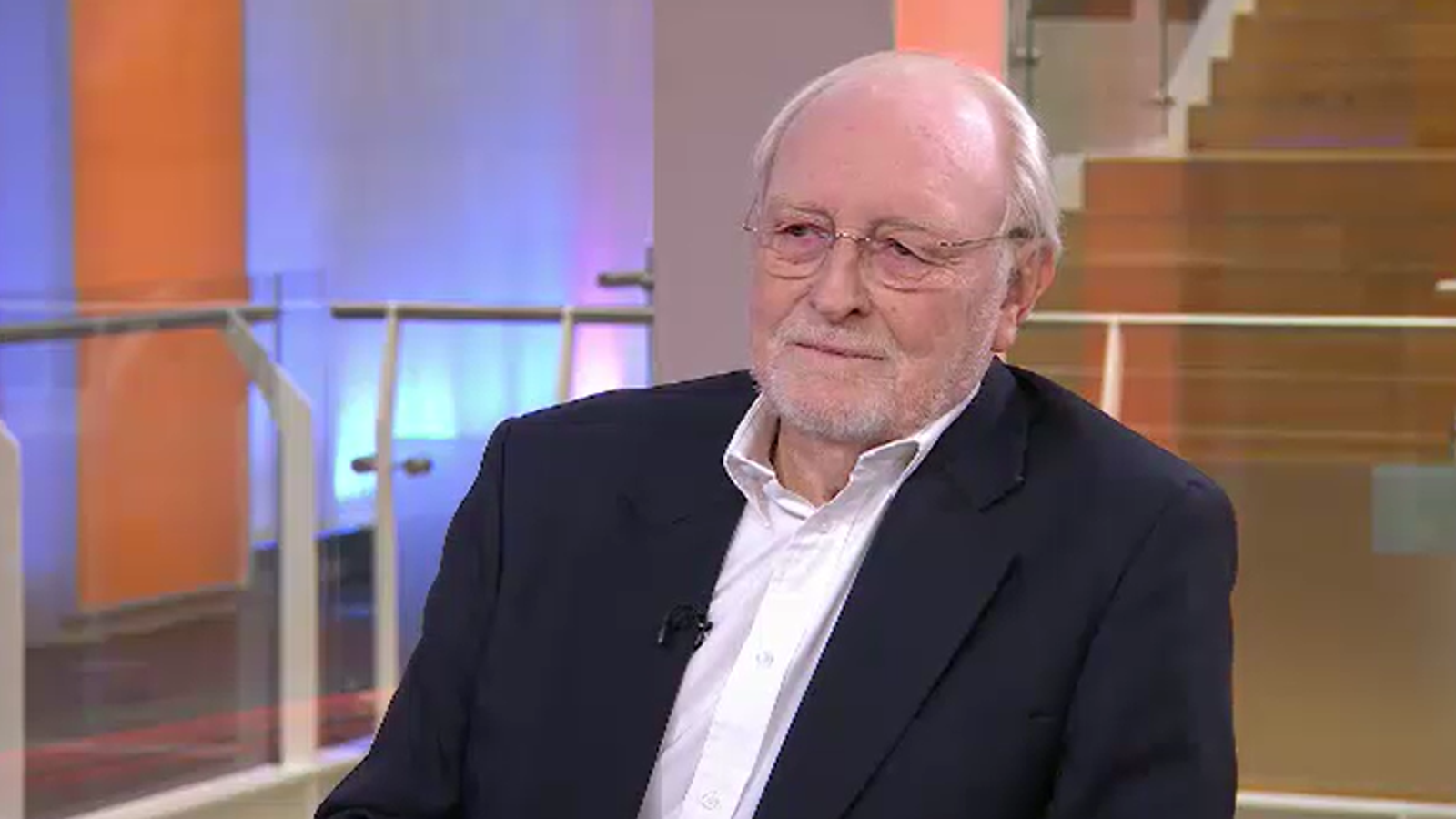Starmer warns NHS is ‘broken’ ahead of new report into state of healthcare system


A new government-commissioned report into the state of the NHS is expected to reveal new figures on the treatment of children, finding that “too many are being let down”.
It comes as the prime minister, in his first major interview since entering Number 10, has told the BBC that the previous government “broke” the NHS in ways which are “unforgivable”.
Speaking to Laura Kuenssberg in the Downing Street Cabinet Room, he said a review of the health service to be published this week finds the Conservatives’ changes to the NHS were “hopelessly misconceived”.
The report, by leading cancer surgeon and former health minister Lord Darzi, is expected to reveal that more than 100,000 infants up to the age of two were left waiting for more than six hours in A&E departments in England last year.
Keep up with all the latest news from the UK and around the world by following Sky News
The report is also understood to find a 60 per cent rise in waiting times for infants over the past 15 years and that around 800,000 children and young people are on NHS waiting lists for hospital treatment, with 175,000 waiting between 6 and 12 months and 35,000 waiting for more than a year.
Please use Chrome browser for a more accessible video player

9:55
Health secretary: It’s clear to me the NHS is broken
Read more
UK cancer ‘lagging behind’ other countries
Clapping for NHS ‘may have been dangerous’
8am appointment scramble ‘won’t end without funding’
In the TV interview, the prime minister said: “Everybody watching this who has used the NHS, or have relatives who have, know that it’s broken, they know that it’s broken, that is unforgivable, the state of our NHS.”
On the reasons for the crisis, Sir Keir said: “The money that was taken out of the NHS, particularly in the early years of the coalition from 2010 onwards, the Lansley reforms, which were hopelessly misconceived, and then of course COVID on top of all that, which has put us in this awful position for the NHS.”
He added: “It’s the last government that broke the NHS. Our job now, through Lord Darzi, is to properly understand how that came about and bring about the reforms, starting with the first steps – the 40,000 extra appointments. But we’ve got to do the hard yards of reform as well.”
Advertisement


